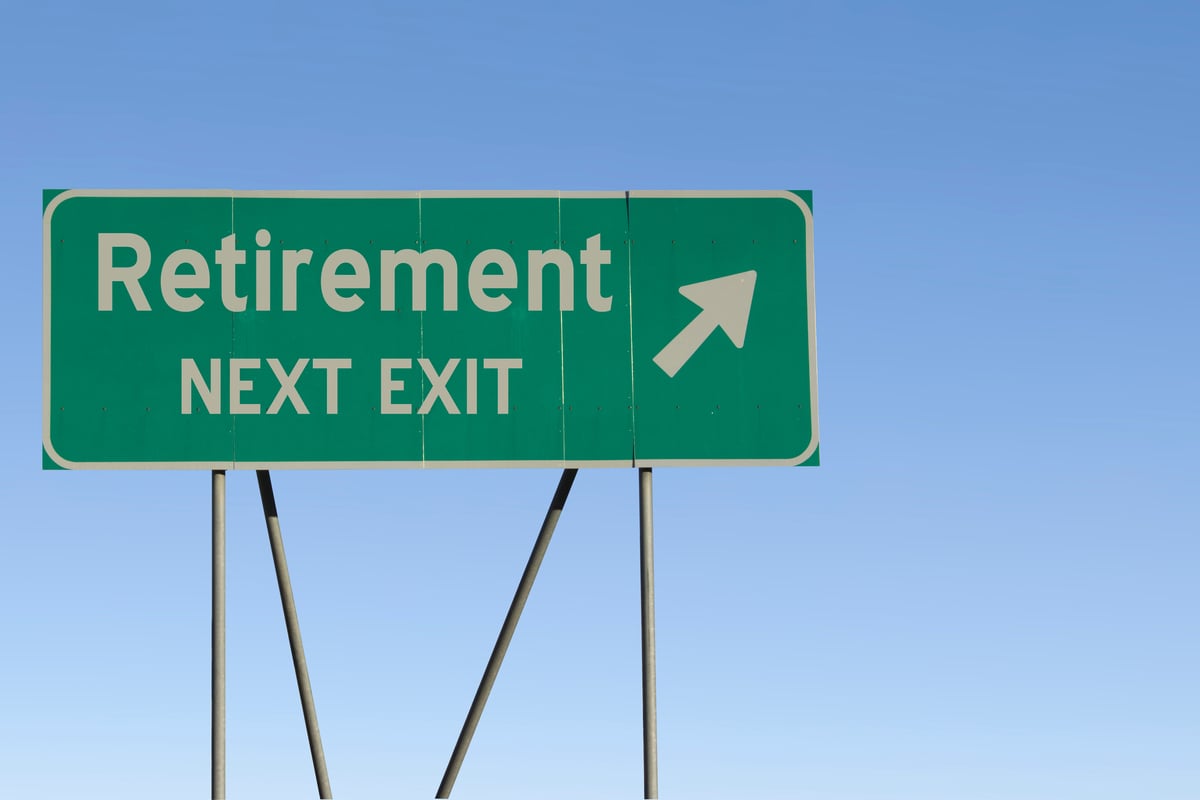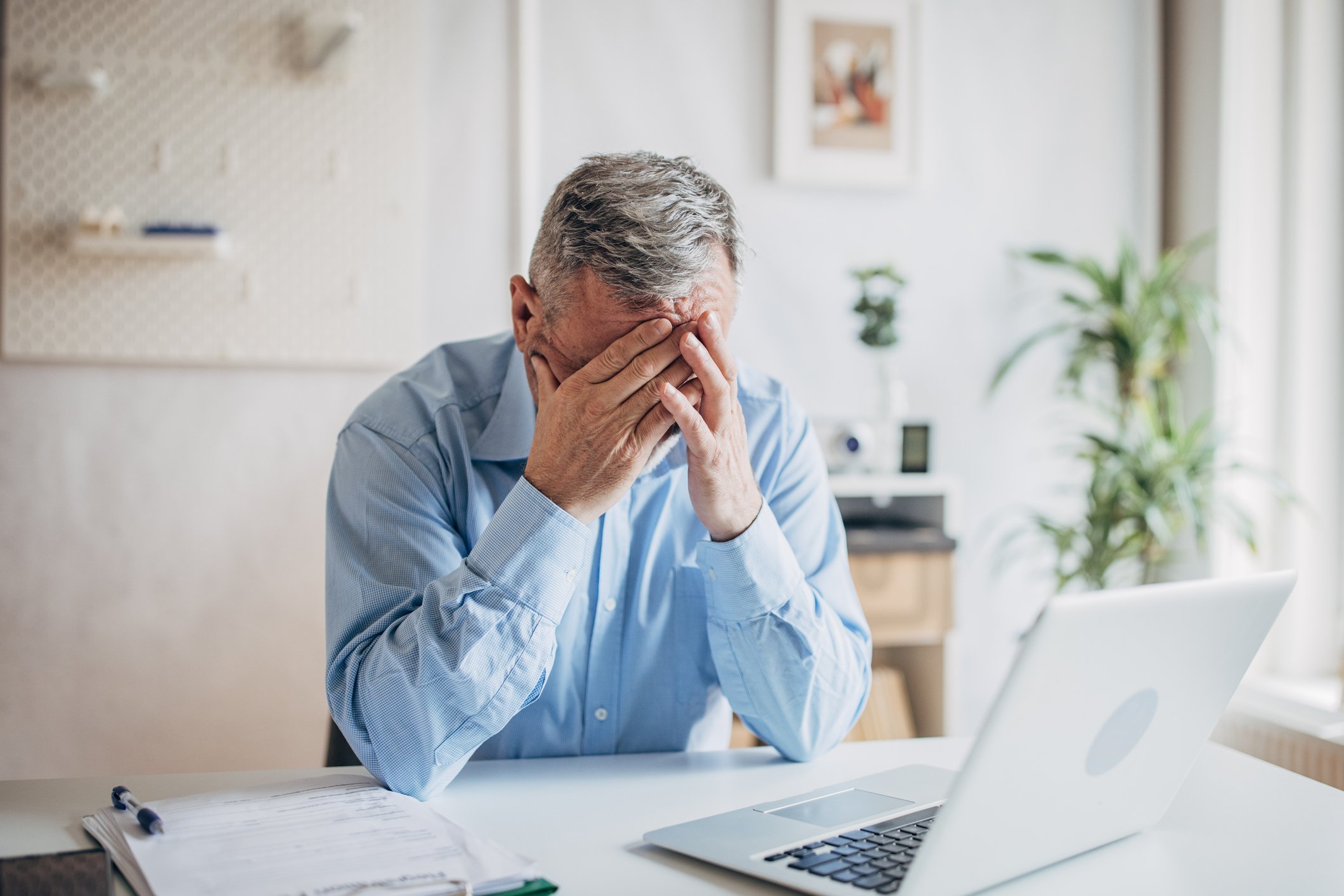COVID-19 has turned everyday life upside down. Schools have been forced into closure across the country. Events have been canceled. Restaurants and gyms are shutting their doors, and once-bustling public spaces are growing increasingly empty. COVID-19 is also wreaking havoc on small businesses, hourly workers who are currently without an income, and parents who can't continue doing their jobs because they're stuck without child care.
So how are Americans reacting to all of this? A good 24% are in the process of preparing for a potential quarantine, reports Staance, a real-time consumer sentiment platform, and 14% say they're already prepared.

IMAGE SOURCE: GETTY IMAGES.
But that preparation comes at a cost. The average American has already spent $161 on supplies needed in preparation to hunker down, such as food, soap, and other household items. That's a big ask for those living paycheck to paycheck. In fact, the Federal Reserve Board reported last year that 39% of Americans don't have the money on hand to cover an expected $400 expense. As such, plunking down about 40% of that sum just isn't something everyone can do.
All of this underscores the importance of having emergency savings -- and the need to build some, immediately, once this crisis is over.
Americans are taking COVID-19 seriously
Though it's estimated that roughly 80% of those diagnosed with COVID-19 experience mild symptoms that may not even require a trip to the doctor, 49% of Americans still worry about falling ill with it. And 39% feel that the public is not overreacting to the current health crisis.
What's sad, however, is that the advice being given to lower the risk of infection -- stay home and self-isolate -- isn't something a large number of Americans have the option to do. Those who can't miss a paycheck may continue to use public transportation to get to their jobs, and those who don't have the option to stock up supplies may need to continuously visit stores over the next few weeks, thereby increasing exposure to other consumers who may or may not be COVID-19 carriers.
If you're in that boat, there's really not much you can do now except aim to fill your fridge and pantry to the best of your financial ability, or ask your employer for some leniency (say, collect your upcoming paycheck in the form of a loan if you just don't feel safe going into work but can't afford to not get paid). But once this health crisis eases up, use it as a learning experience, and let it serve as motivation to change your financial ways. That means having an emergency fund for unplanned expenses, and rethinking your budget so you have the option to skip a couple of paychecks if the need arises (say, due to a personal health crisis, as opposed to a worldwide one).
Another thing: It's too soon to tell whether COVID-19 will lead to a full-fledged recession. It's already battered the stock market and upended local economies. The best way to protect yourself from long-term financial harm is to make an effort to build an emergency fund. If you're currently stuck home not working, that's clearly not possible right now. But your takeaway here should be to put yourself in a stronger position to prepare for and withstand future crises, whatever they happen to look like.





